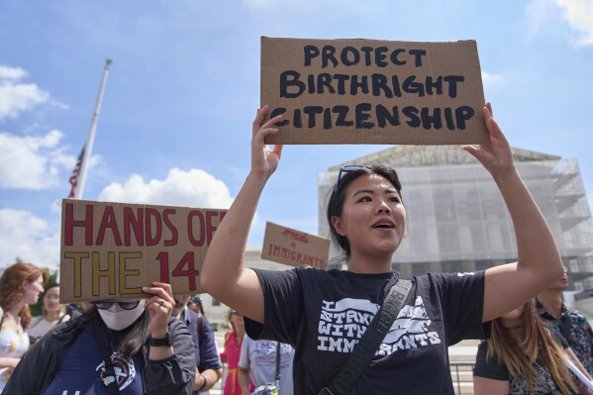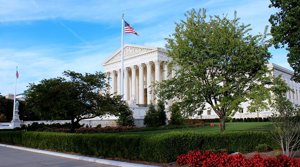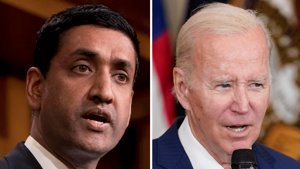
Trump to Enforce Birthright Citizenship Ban This Month
Trump to enforce order ending birthright citizenship by July 27, sparking legal and public backlash over immigration policy.
Birthright Citizenship Enforcement Timeline Unveiled
The Trump administration is moving rapidly to enforce its executive order ending birthright citizenship, with Justice Department officials stating that implementation could begin as soon as July 27. The news comes just days after a Supreme Court decision that affected the legal process but left the substance of the order unaddressed.
In a filing to U.S. District Judge Deborah Boardman, Justice Department attorney Brad Rosenberg clarified that the government will not enforce the order before July 27, respecting the 30-day stay imposed by the Supreme Court’s recent ruling. This timeframe gives federal agencies a window to develop and release public guidance on the administration’s plans for enforcement.
Signed by President Donald Trump on the first day of his second term, the executive order directs federal agencies to deny citizenship documents to children born in the United States to undocumented immigrants or to parents who lack U.S. citizenship or lawful permanent residency. The move was met with immediate legal challenges and was blocked by lower courts before the Supreme Court reviewed the case in May.
Supreme Court Ruling and Renewed Legal Action
The Supreme Court’s 6-3 decision focused on the authority of lower courts to issue nationwide injunctions, rather than on the legality of Trump’s executive order itself. The justices ruled that plaintiffs seeking nationwide relief must do so through class action lawsuits, leading advocacy groups like the ACLU and CASA to revise their legal strategies over the weekend.
During an emergency hearing, Judge Boardman pressed administration lawyers for specifics, asking if the government planned to remove children from the United States under the terms of the executive order. The Justice Department responded that enforcement could begin after July 27 but did not rule out preparatory steps beforehand.
The high court’s ruling triggered a wave of new lawsuits, as immigrant advocacy organizations filed class actions in federal courts in Maryland and New Hampshire. The order itself has been fiercely criticized as unconstitutional and unprecedented, with more than 22 states and multiple rights groups challenging it in court.
Widespread Concern Over Policy’s Impact
Critics warn that ending birthright citizenship could have catastrophic consequences for families across the nation, noting that approximately 150,000 children are born each year to parents without U.S. citizenship. Advocacy lawyers highlight the confusion and distress felt by affected families, with CASA attorney William Powell underscoring that the situation remains uncertain: “It is confusing to them, and we can’t really assure them the order is fully blocked, because it’s not.”
As the administration prepares to roll out its new enforcement policies, the nation faces mounting legal battles and widespread concern over the future of birthright citizenship and the rights of children born on American soil. The outcome of these disputes will have lasting implications for U.S. immigration policy and constitutional law.






